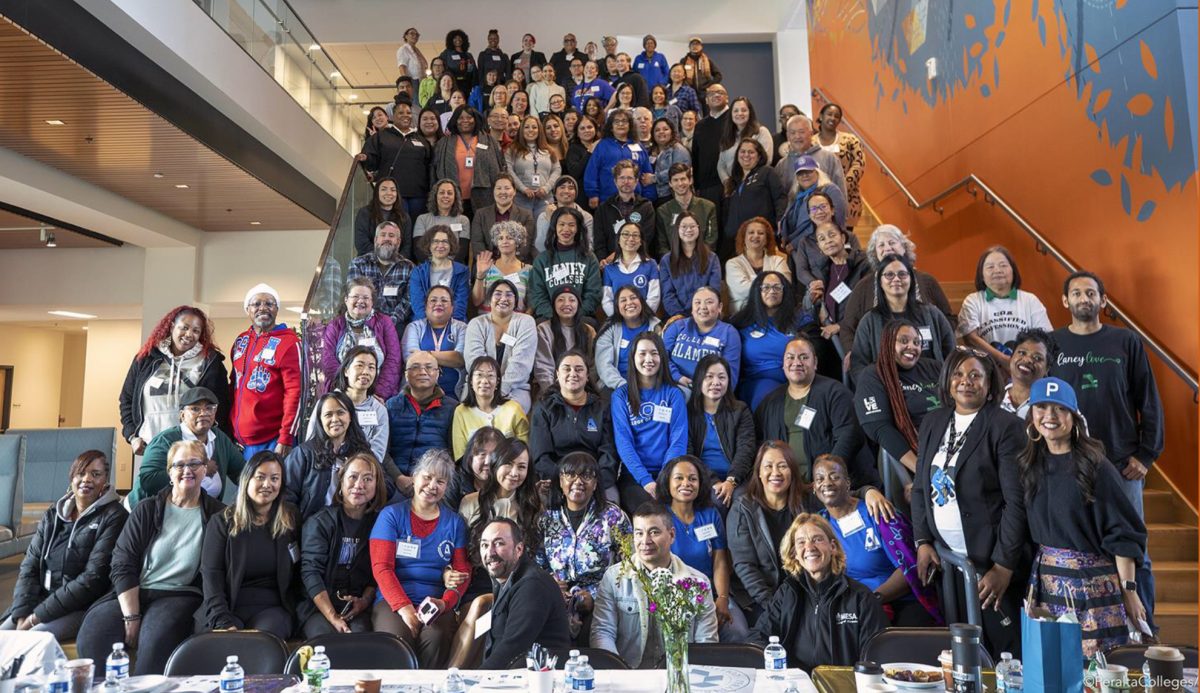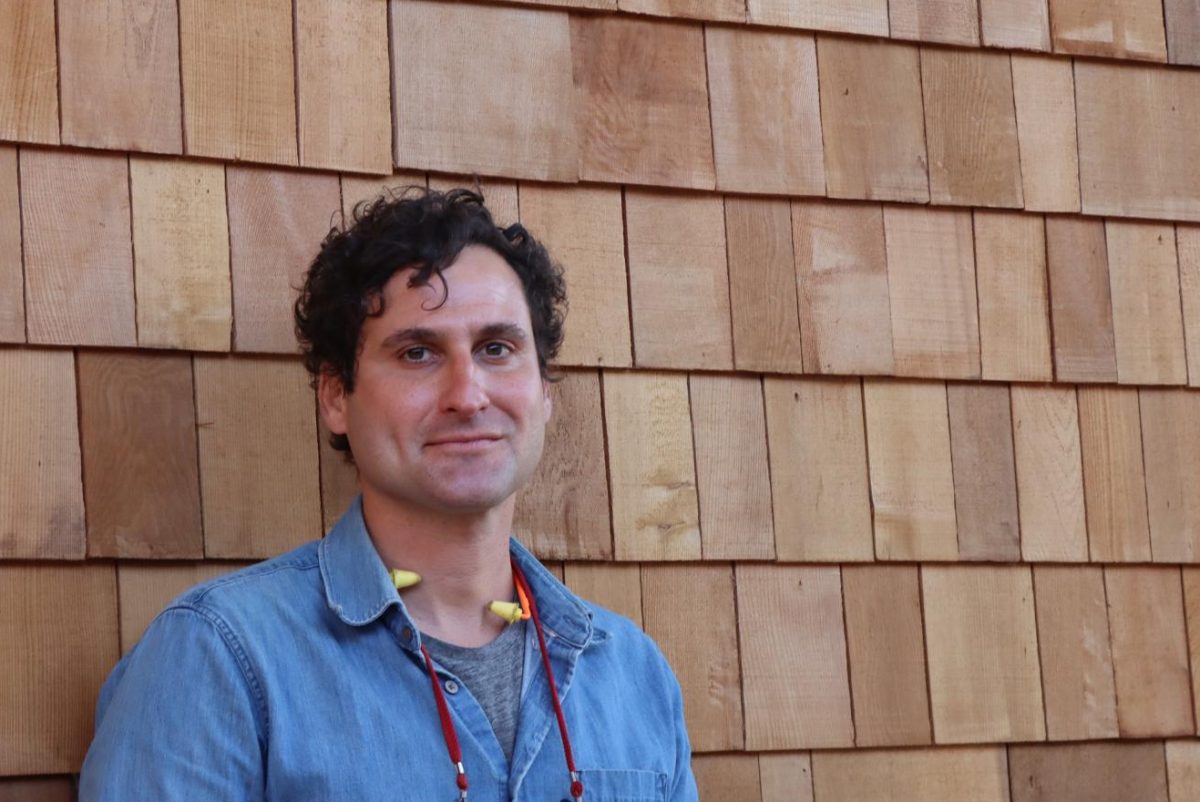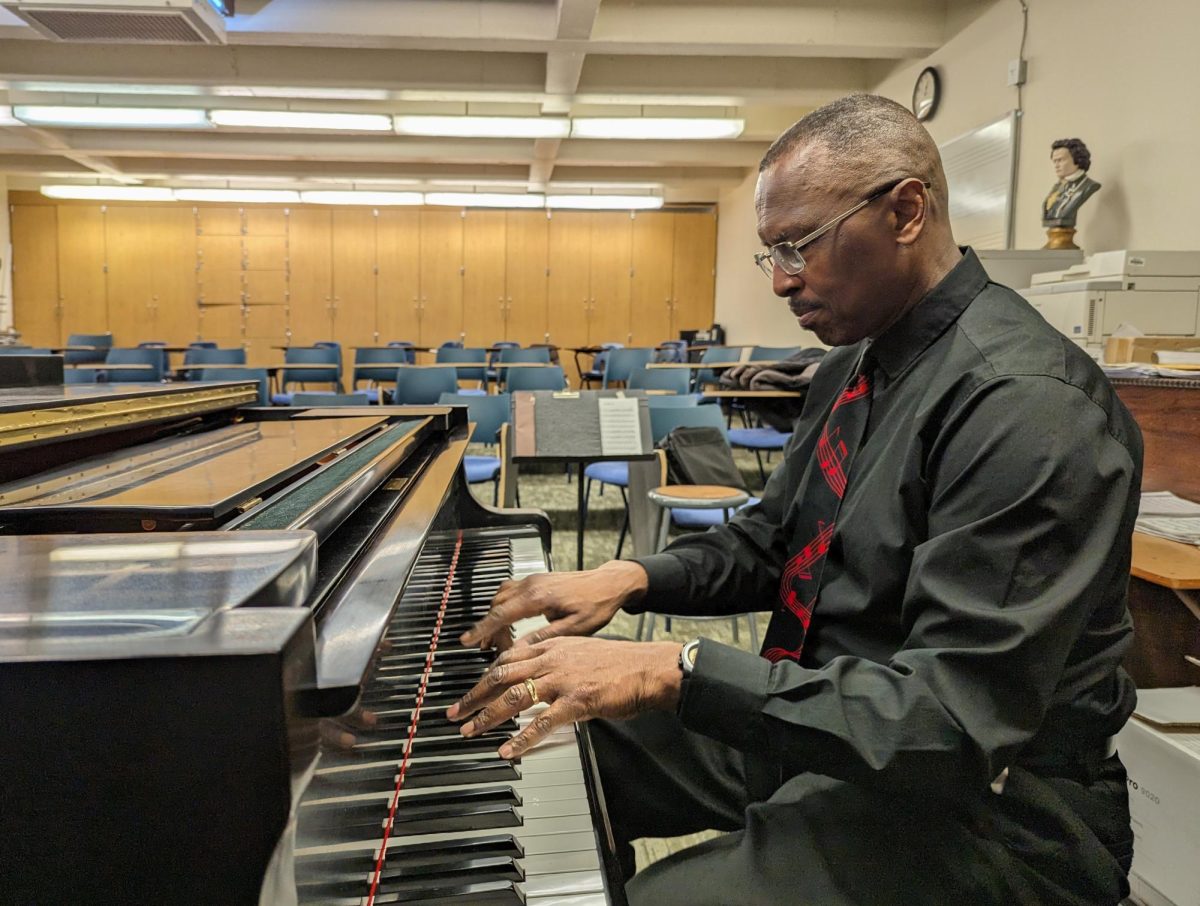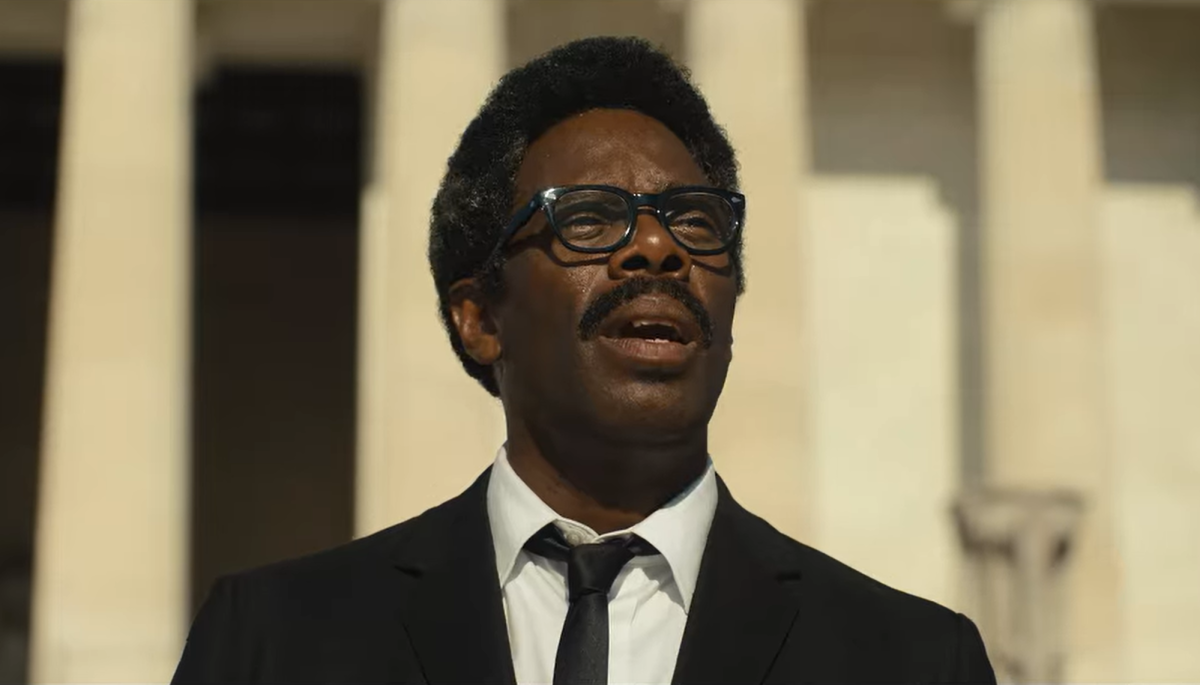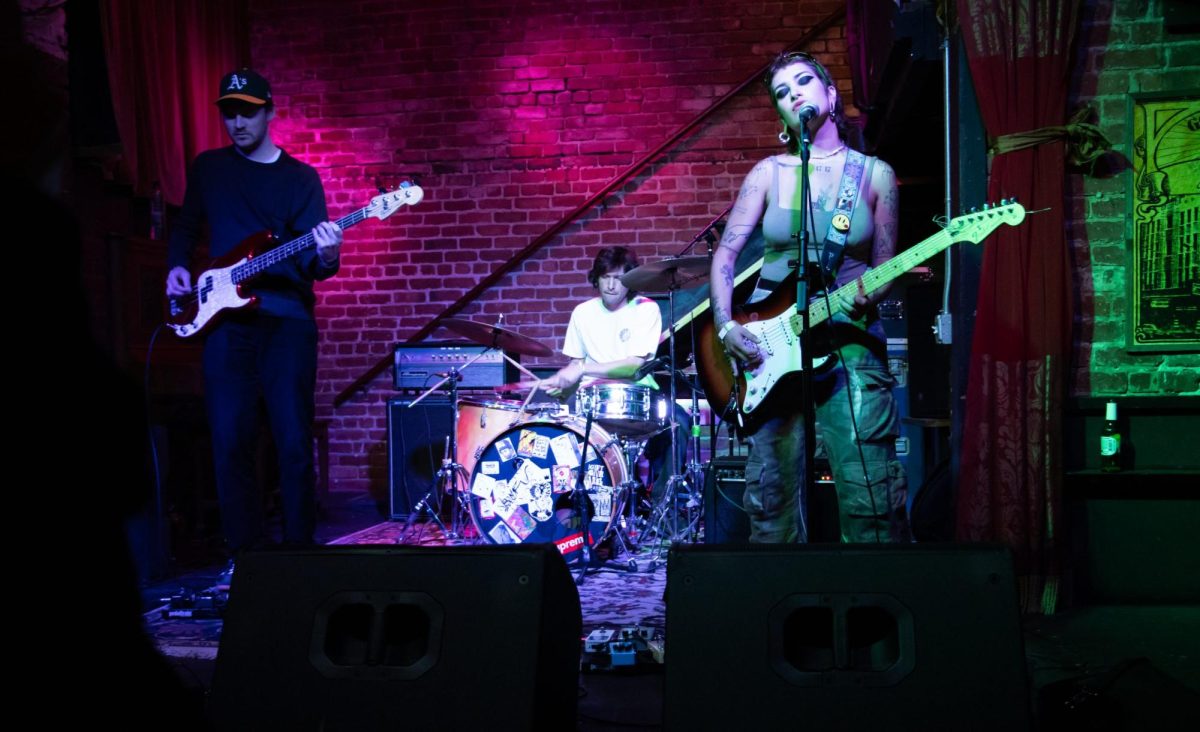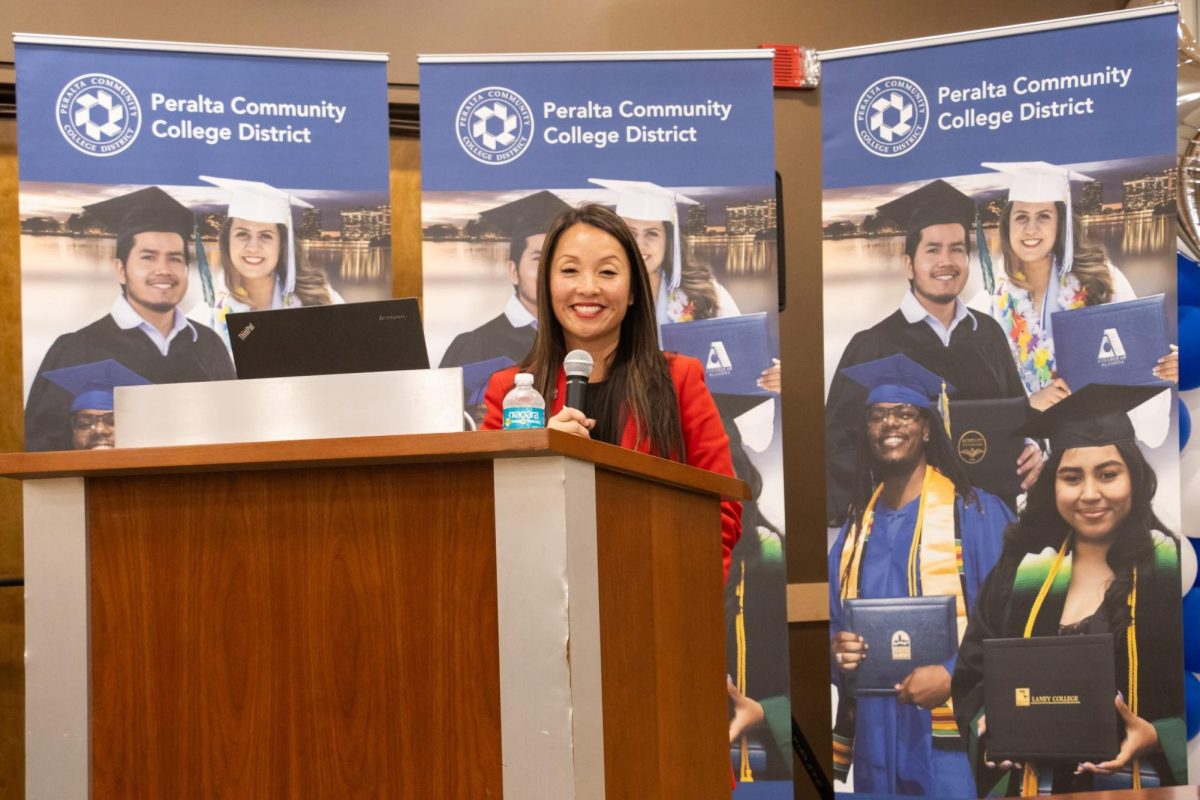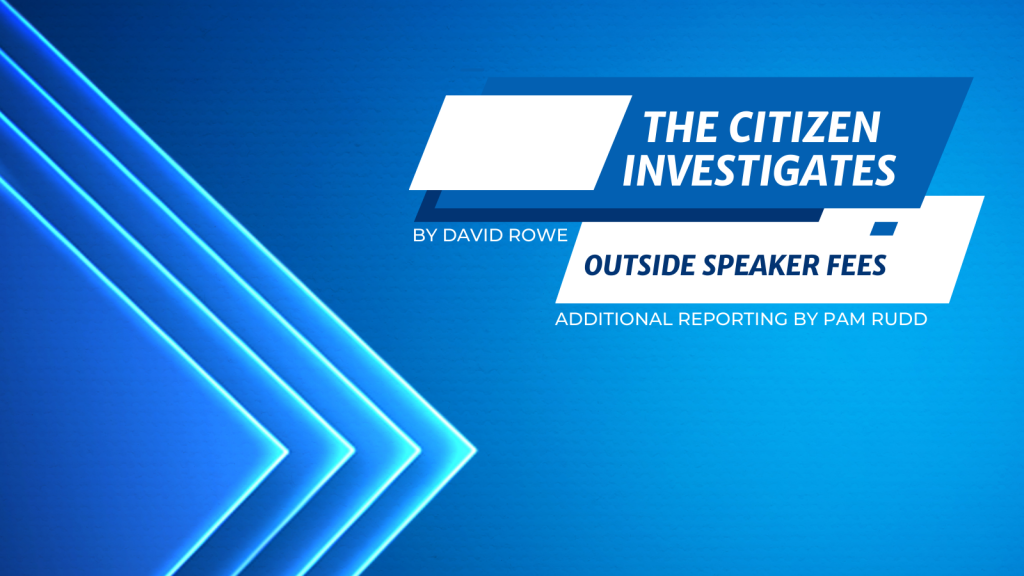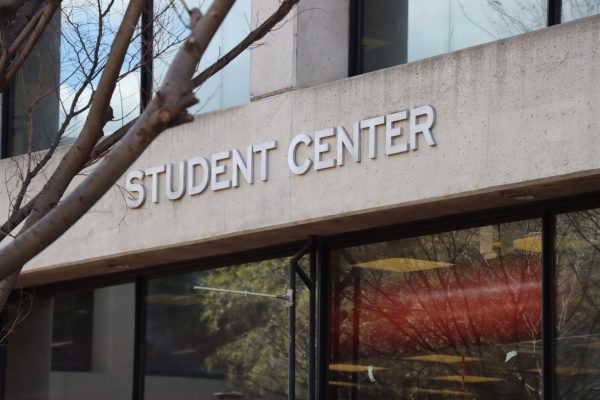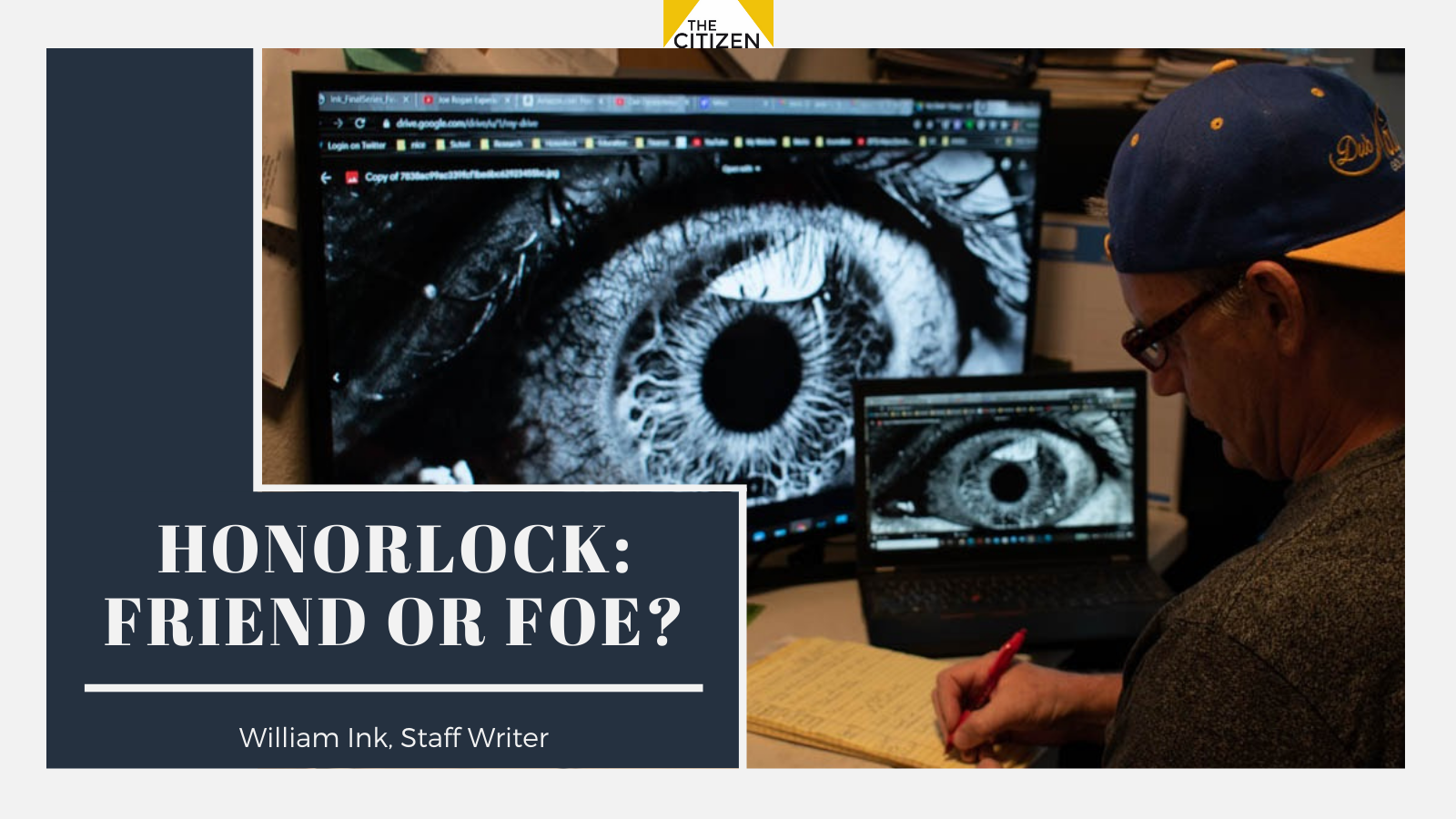
The key is to not make the solution worse than the problem.
A systemic shift to remote learning in response to the coronavirus has resulted in a massive expansion of online test proctoring services. A proctor is a proxy for the instructor who oversees a test. An authorized proctor is enlisted to ensure the identity of the test taker and the integrity of the test taking environment.
The online proctoring service industry is expected to grow from $4 billion in 2018 to $21 billion by 2023.
The leading service providers in the U.S. (Proctorio, ProctorU, Examity, Respondus and Honorlock), each claim to protect online integrity using machine learning, artificial intelligence (AI) and biometrics and a combination of the three.
Honorlock, the Peralta district’s selection, uses a hybrid method that incorporates both a human proctor and AI to secure the integrity of its testing processes. The service suggests a number of protocols for faculty to use in an effort to maintain academic integrity. Students utilizing Honorlock will need a computer, a webcam, a microphone and reliable, uninterrupted internet service.
According to an article published on the Online Network of Educators, this places an inequitable burden on students of color and/or those of a lower socioeconomic standing.
Software requirements have also proved problematic. Honorlock requires participants to download Google Chrome to run it’s third party software so that it can gather information and incorporate controls. Data security is no sure thing, and a number of issues have been reported with the software. Battery drainage, stolen data with compromised web credentials and the exploitation of browsing histories are just a few of the problems, putting IP addresses, cookies, the browsing history itself and the ability to use additional devices at risk.
In order for students to be allowed to test on Honorlock’s platform, they must provide a facial image, a photocopy of their student I.D. and a panoramic rendering of the test area (e.g. their room). Facial recognition has proven to be a serious problem with recognizing the faces of Black people and of other people of color.
Students are expected to remain at their computers and maintain eye contact with the screen, without moving or exhibiting any behavior that might be interpreted as aberrant. Gum chewing or lip movement, for example, could be considered suspect.
The implementation of Honorlock at Peralta has been met with mixed reviews from students and faculty.
David Ross, instructor and math department chair at Laney College, chose not to use Honorlock this past spring believing students would be unfairly impacted with the transition to online learning. “Lots of students simply don’t have the technology,” he said. “It just adds stress to an already stressful situation.”
According to a research study published in SAGE journals, using 748 nonrepresentative students in the US, 20 percent of respondents had difficulty accessing and maintaining the requisite technology. Almost a third of the teachers had problems with remote instruction.
Ross encouraged the Peralta faculty to read an article published by the Washington Post that detailed a number of concerns associated with the use of online proctoring and the protocol differences between service providers.
One difference is in the system of biometric analysis, which is a process that collects and interprets physical data and looks for irregularities that might suggest cheating. This includes scanning head and eye movements, facial gestures, mouse movements, keystroke consistency and a host of other computer-related input.
Laney math instructor Nick Shaposhnikov wrote a short report comparing the Washington Post article with his first experience using Honorlock this fall. He concluded that Honorlock has not incorporated many of the more contentious methods used by other service providers such as face detection, eye movement, mouse clicks or pacing and scrolling. It does however flag for computer window resizing, tab opening and internet interruptions, but it cannot specifically identify several other options which are left to the instructor’s discretion, including room noise, background movements and bathroom breaks.
Ultimately, the question remains: Does Honorlock prevent cheaters from cheating? “I don’t believe it can,” said Shaposhnikov. “So we have even more problems than outlined in the article. … neither online proctors nor the article solve them.”
In addition Honorlock reserves the right to maintain possession of data for up to two years after it has been collected, while other services like Examity and ProctorU reserve the right to retain the data indefinitely while assuming no responsibility for the security of the content.
It is not clear if these service providers can keep students’ information safe. There is a long and impressive list of companies and government institutions who have been unable to keep data safe, including Yahoo, Facebook, Twitter, LinkedIn, Equifax, Adobe, Ebay, Dropbox, CapitalOne, Zoom, the NSA and the CIA.
ProctorU was not able to make good on it’s promise of a secure platform when in July of 2020, the information of 440,000 students’ was exposed.
Even the National Security Agency, exposed by Edward Snowden of illegally collecting (and losing) unprecedented amounts of American citizens’ data then lying about it, lost control of one of it’s primary hacking tools.
A wave of student protests have grown across the country since last spring as a result of the expanding implementation of these proctoring platforms.
Several petitions have arisen as well, including 28,000 signatures protesting Proctorio at The City University of New York; 9,800 signatures at Texas A & M against Honorlock; 7,600 signatures at Florida International vs. Honorlock, 7,000 at the University of Texas at Dallas, to name a few.
Bill Fitzgerald, a researcher at the nonprofit group Consumer Reports who specializes in education technology noted, “These platforms exist because they are selling a narrative that students can’t be trusted.
“The people who have the most to lose here are the students, and they’re the farthest away from the decision,” Fitzgerald said “Students are paying tens of thousands of dollars to have their higher-ed institutions sell them out.”
Online proctoring services have been described as uniformly mediocre. with a range of flaws and holes that belies the best sales pitch. In fact, the pitch may be these companies’ strongest attribute.
Mile Olsen, Proctorio’s CEO, who was caught posting a Student’s chat log on Reddit, boldly expressed the role of his proctoring service: “We are the police!”
The inference being, a crime has already been committed. Who calls the police before a crime is committed?
When you’re a hammer, everything looks like a nail. When you’re a banker, everything looks like a dollar.
There are countless issues with this solution, including actually teaching students and not policing them.
There are only a couple primary objectives in testing. Managing faculty workload and assessing low-level skills and content knowledge. According to authors Rena Palloff and Keith Pratt discussed in their book “Assessing the Online Learner: Resources and Strategies for Faculty,” online exams typically measure skills that require memorization of facts, whereas learning objectives are often written around one’s ability to create, evaluate and analyze course material.
The Patriot Act has laid the groundwork for our receding civil liberties. Edward Snowden’s 2013 revelations regarding government intrusion into our affairs was a grave warning.
The expansion of the surveillance apparatus should be alarming to all. With construction of enormous data collection centers capable of collecting and storing all our personal data, we are approaching the point of no return.
Moving forward – a memorandum provided by California Community Colleges general counsel, Marc LeForestier, in October of last year frames the issue around teachers who want to retain the right to tailor online lesson plans the way they see fit. They call this academic freedom.
Student’s privacy rights are guaranteed by the California Constitution with provisions explicitly relating to the use of technology, particularly when at home. The document states that it is a rare occasion when faculty interest outweighs students collective interests.
At the heart of this issue is cheating, and how schools respond to it. Can an institution inculcate its student body with a code of honor and integrity, without creating a climate of distrust and resorting to methods of surveillance?
Whichever of these interests you support may well depend on the lens through which you’re looking. If you are concerned with your own privacy rights, the choice seems obvious. One thing should be clear: the minute you cede your rights, they are likely gone forever regardless of your intention and failures of foresight.
I worry that what these policies and practices will continue to do is erode our path to self-determination. Understanding and learning to defend individual rights (what that means, what that costs and what that’s worth) is more important than anything else offered by these institutions. Cultivation of these skills are paramount and fundamental to sustained student success individually and collectively. That’s a hill worth dying on. Many already have!

